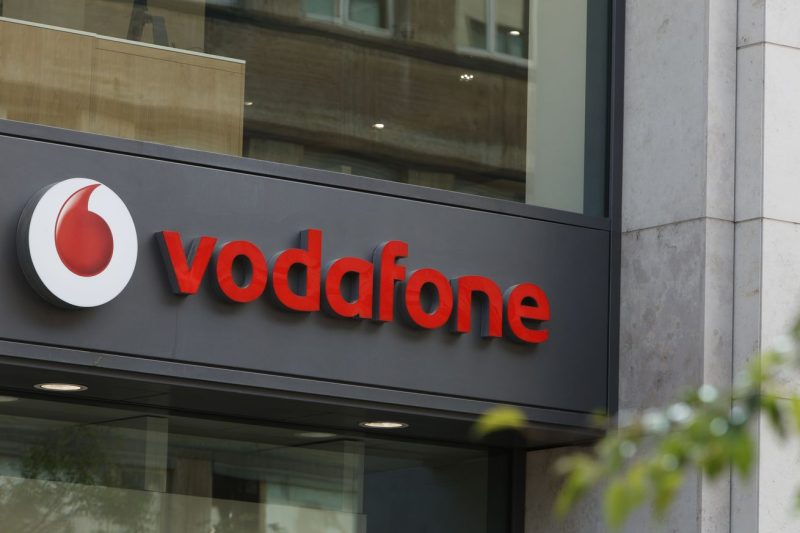The UK mobile telecommunications industry is set to undergo a significant transformation with the recent approval of the merger between Vodafone and Three, which will create the largest mobile operator in the country. This move is expected to have wide-ranging implications for both the industry and consumers.
One of the key driving factors behind this merger is the desire to pool resources and infrastructure to enhance the quality and reach of mobile services across the UK. By combining their networks, Vodafone and Three aim to create a more efficient and robust infrastructure that can better serve the growing demand for mobile data and connectivity. This is particularly crucial in the age of 5G, where faster speeds and higher capacity are essential for supporting emerging technologies such as IoT and autonomous vehicles.
Furthermore, the merger is likely to result in increased competition in the mobile market, as the combined entity will be better positioned to challenge current market leaders such as EE and O2. This could potentially lead to more competitive pricing and innovative service offerings as operators vie for market share in a more consolidated landscape.
Consumer advocacy groups have expressed concerns about the potential impact of the merger on competition and pricing. Some fear that reduced competition could lead to higher prices and less choice for consumers. Regulators will need to closely monitor the situation to ensure that the merger does not result in monopolistic practices that harm consumers’ interests.
From a regulatory perspective, the approval of the Vodafone and Three merger sets a significant precedent for future mergers and acquisitions in the telecommunications sector. Regulators will need to strike a delicate balance between promoting competition and innovation while allowing operators to achieve the scale and efficiency needed to invest in next-generation networks.
Overall, the Vodafone and Three merger represents a milestone in the UK mobile telecommunications industry that has the potential to reshape the competitive landscape and improve the quality of mobile services for consumers. As the industry continues to evolve in the era of 5G and digital transformation, mergers and partnerships like this will play an increasingly crucial role in driving innovation and meeting the growing demands of consumers.






















